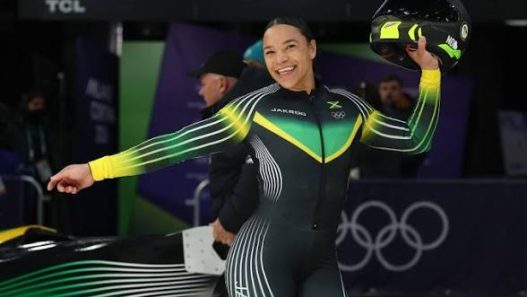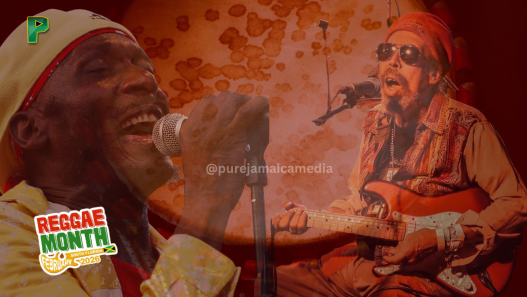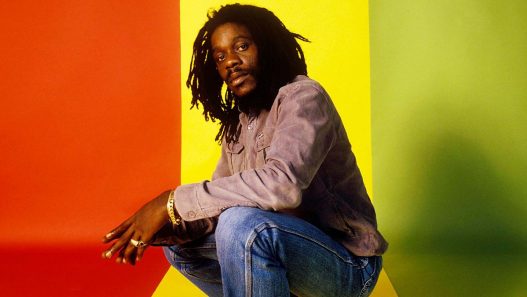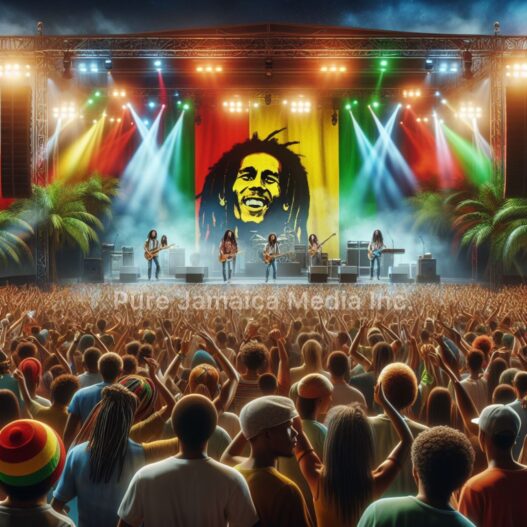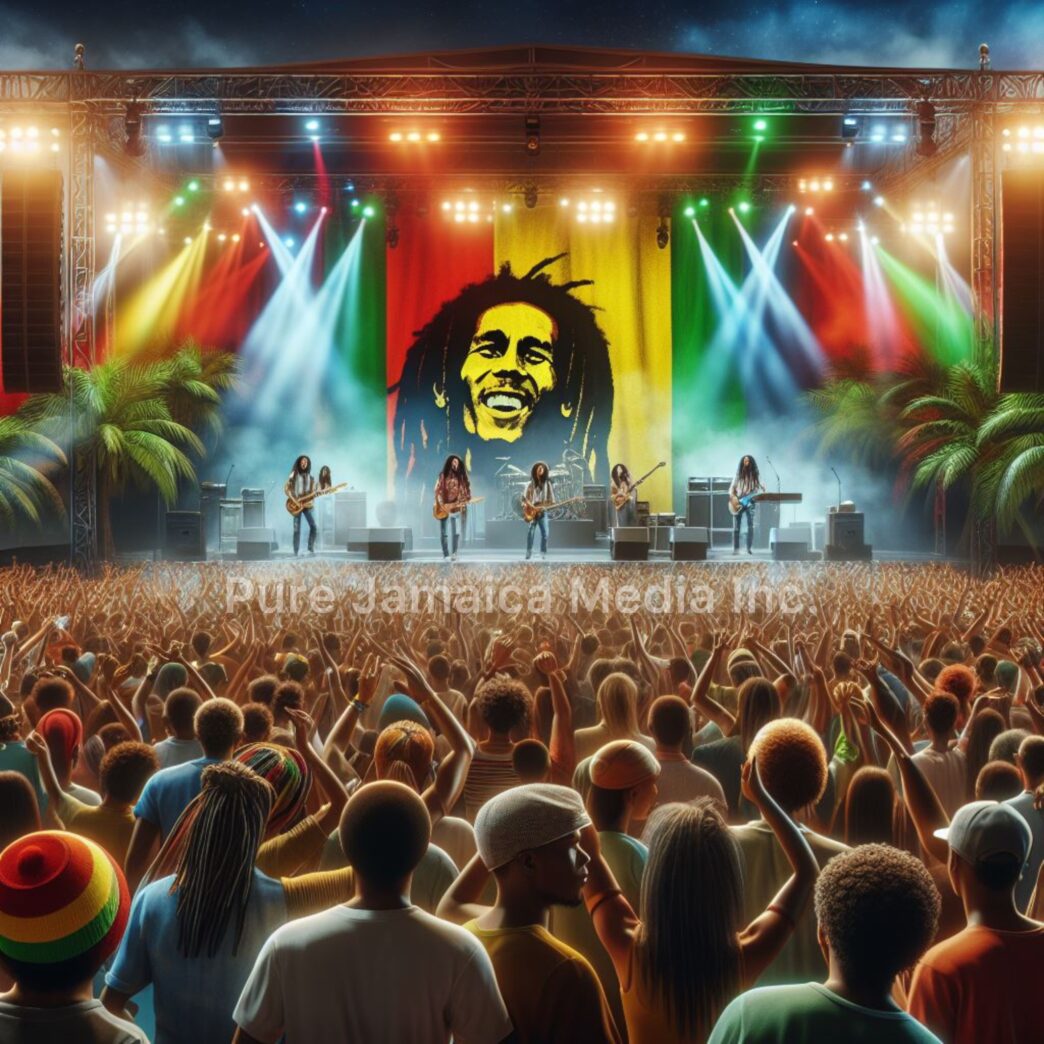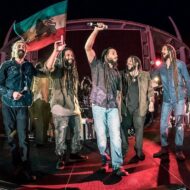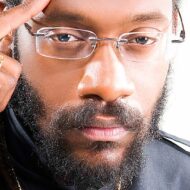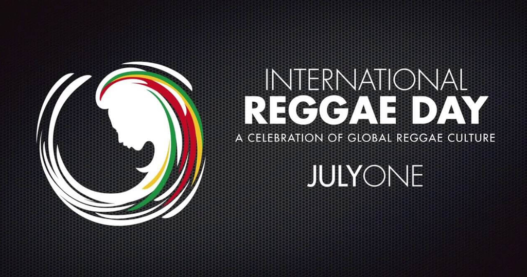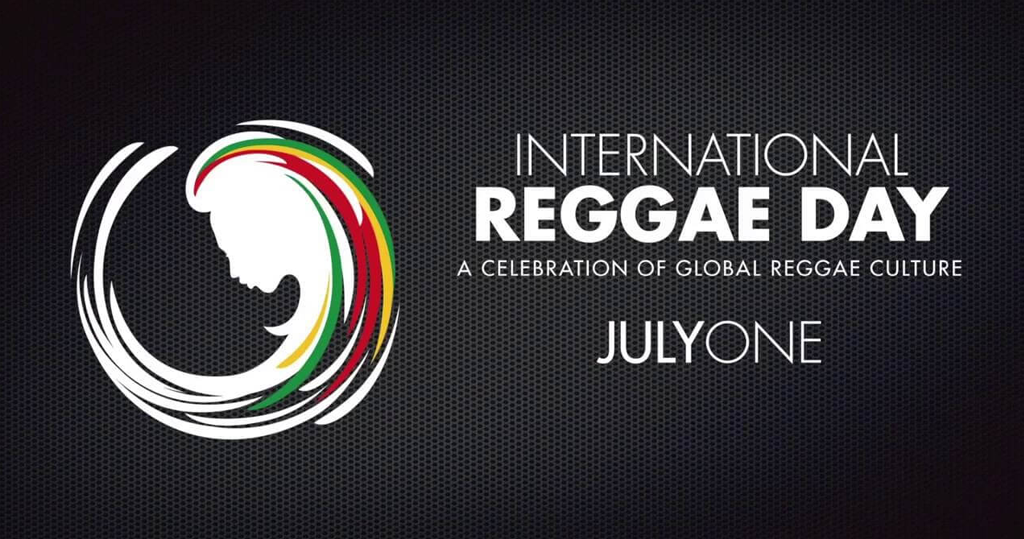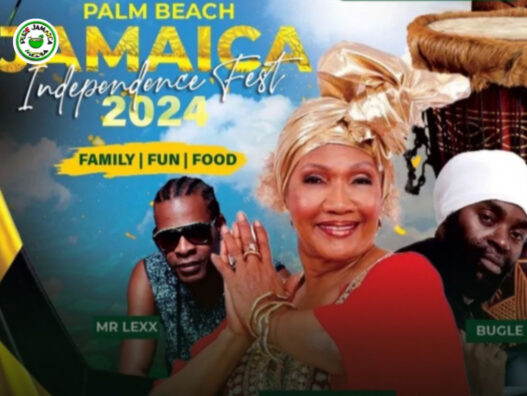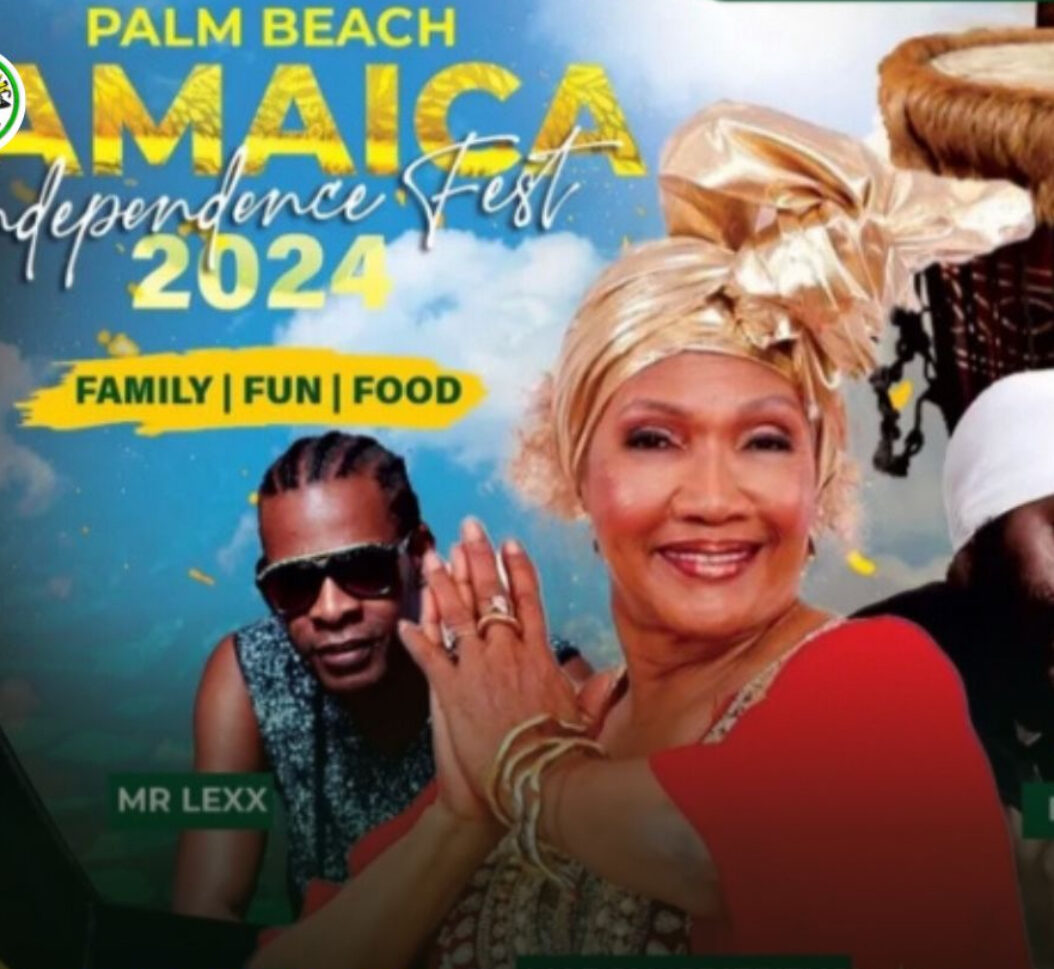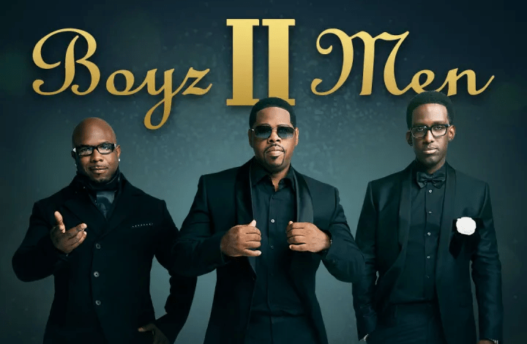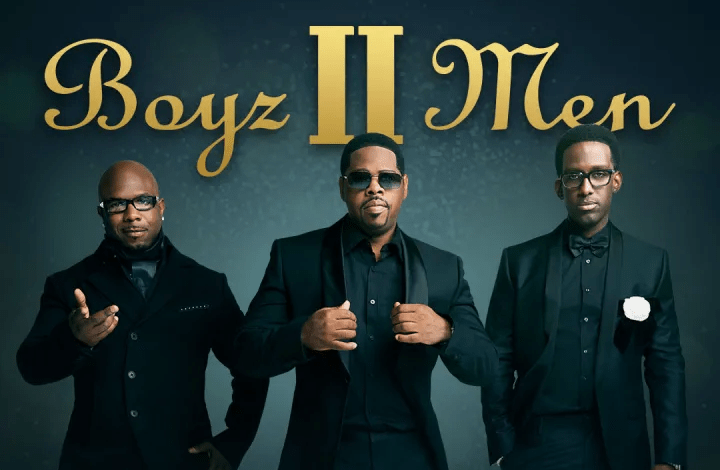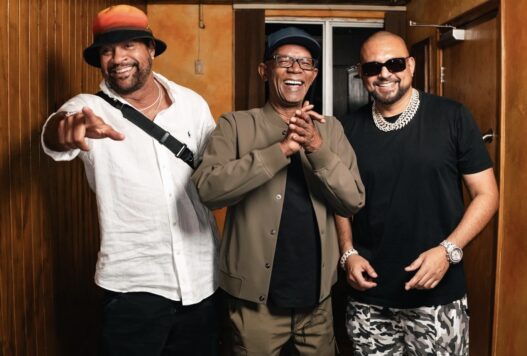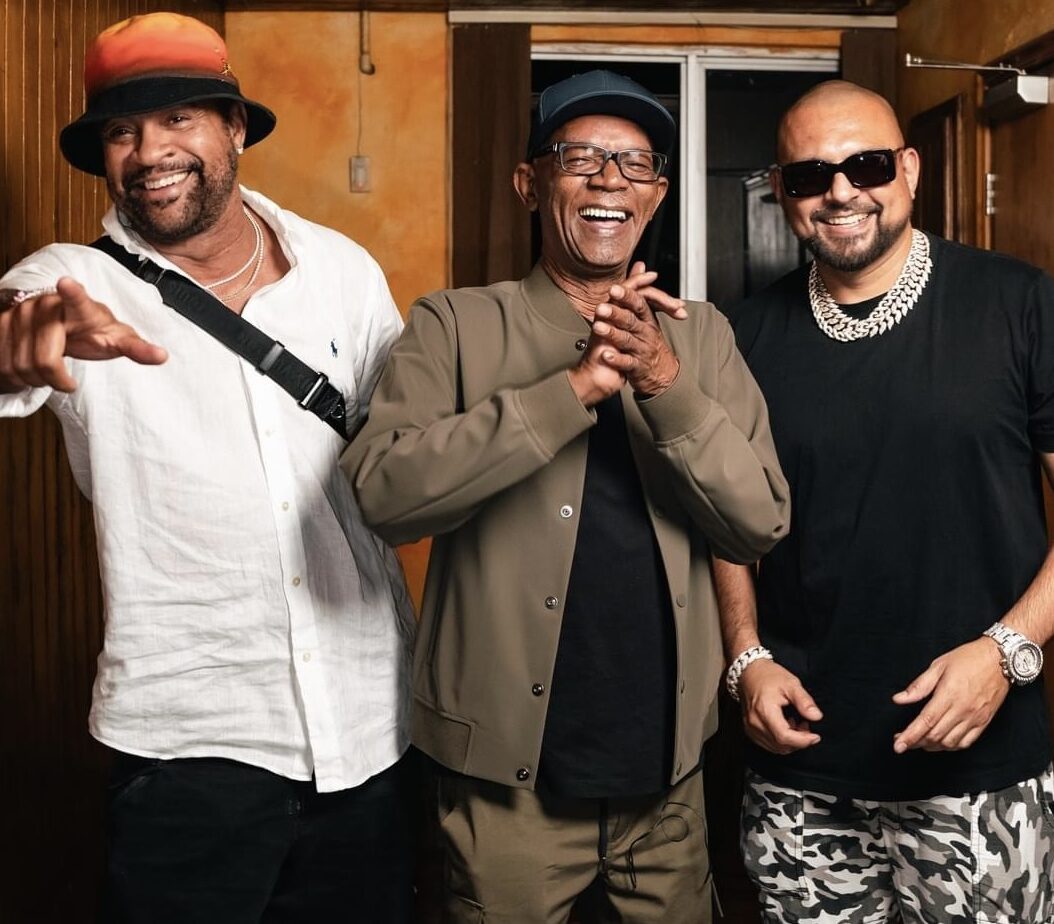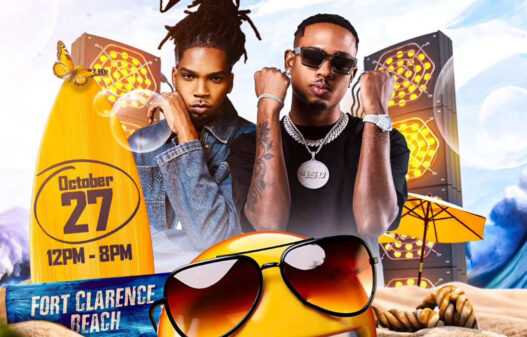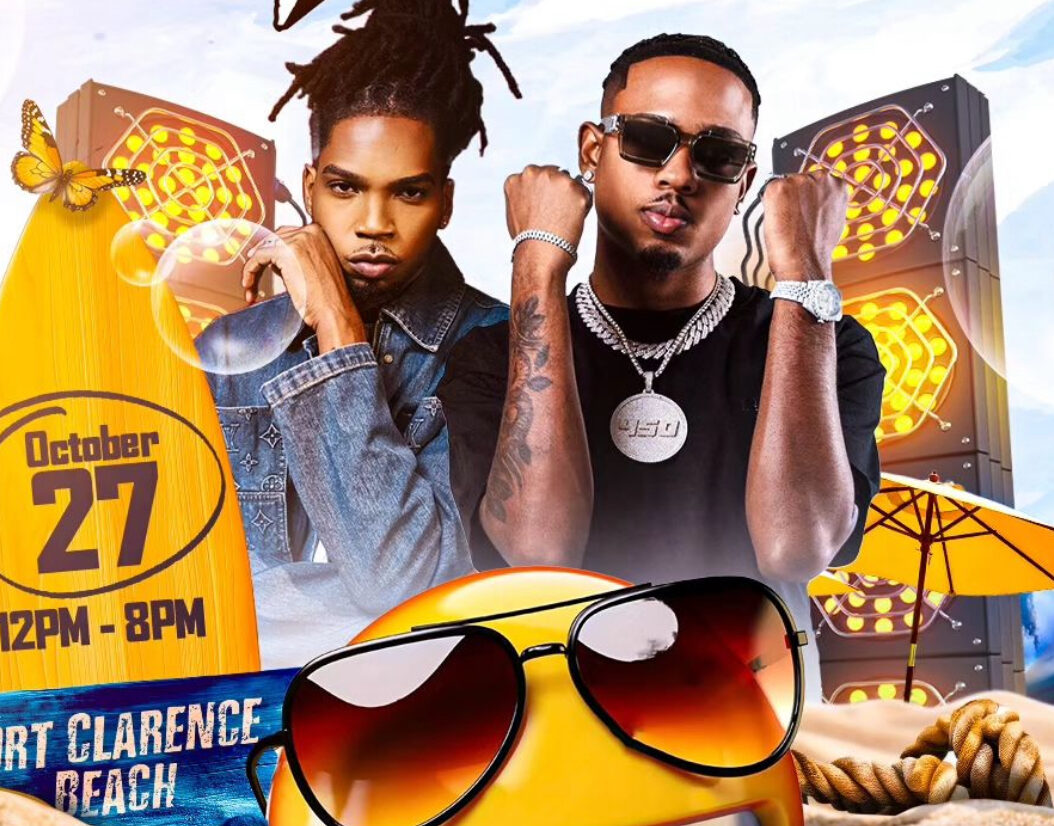In the midst of a political civil war between the Jamaican Labour Party (JLP) and the People’s National Party (PNP), a remarkable event took place that would go down in history as a symbol of unity and hope. The One Love Peace Concert, held in Jamaica, brought together music, politics, and the power of Bob Marley’s music to bridge the gap between political rivals.
The concert, which reached its peak during Bob Marley & The Wailers’ performance of “Jamming,” witnessed a groundbreaking moment when Marley joined the hands of the opposing political leaders, Michael Manley (PNP) and Edward Seaga (JLP). This powerful gesture showcased the potential for peace and harmony in a country torn apart by political strife.
Extractos Musicales del Documental. By Sub Galeano YouTube Channel
The political landscape in Jamaica during that time was marked by a clash between socialist policies advocated by Michael Manley and the more conservative ideology of Edward Seaga. Manley’s efforts to redistribute wealth by nationalizing major export industries had unintended consequences, such as deterring foreign investment. Furthermore, Manley faced opposition from the CIA and American business interests, as has been seen in similar reformist governments in other countries.
Ironically, the idea for the One Love Peace Concert came from two rival gangsters, Claudius ‘Claudie’ Massop (JLP) and Aston ‘Bucky’ Marshall (PNP), who were locked up together in jail. Both men recognized the need to alleviate the violence in their country and believed that music could serve as a unifying force. To ensure the concert’s success, Massop flew to London to convince Bob Marley, who was in exile at the time, to perform at the event. Marley accepted the invitation, making the concert his first performance in Jamaica since the “Smile Jamaica” concert held days after he was shot in 1976.
The One Love Peace Concert brought together 16 of Reggae’s biggest acts, earning it the titles of the “Third World Woodstock,” “Bob Marley plays for Peace,” and simply, “Bob Marley Is Back.” More than 32,000 spectators attended the concert, with the proceeds going towards improving sanitary facilities and housing for those in need in West Kingston.
The concert was divided into two halves, with the first half dedicated to showcasing emerging Reggae talent, and the second half featuring established artists. Jacob Miller electrified the audience during the second half, while Peter Tosh used his performance to criticize the two political leaders for their stance against legalizing marijuana. However, the climax of the concert came when Bob Marley took the stage around 12:30 AM. During his performance of “Jamming,” Marley called both Manley and Seaga to join him on stage. In a powerful and symbolic moment, the three leaders held their hands up together, signifying unity and the desire for a better Jamaica.
However, despite the concert’s noble intentions, it did little to quell the political violence that plagued Jamaica. Tragically, both organizers of the event, Claudius Massop and Aston Marshall, were killed within two years after the concert. The following year, Jamaica saw a staggering increase in reported murders, with 889 cases, over 500 more than the previous year.
The One Love Peace Concert remains a significant moment in Jamaican history, highlighting the potential of music and unity to transcend political divisions. It serves as a reminder of the ongoing struggle for peace and harmony in a country that has faced numerous challenges. The concert’s impact reverberates to this day, reminding us of the power of music to inspire change and bring people together.
For more information about Jamaican history, music, and culture, visit www.purejamaicamedia.com, your ultimate source for all things Jamaica.


